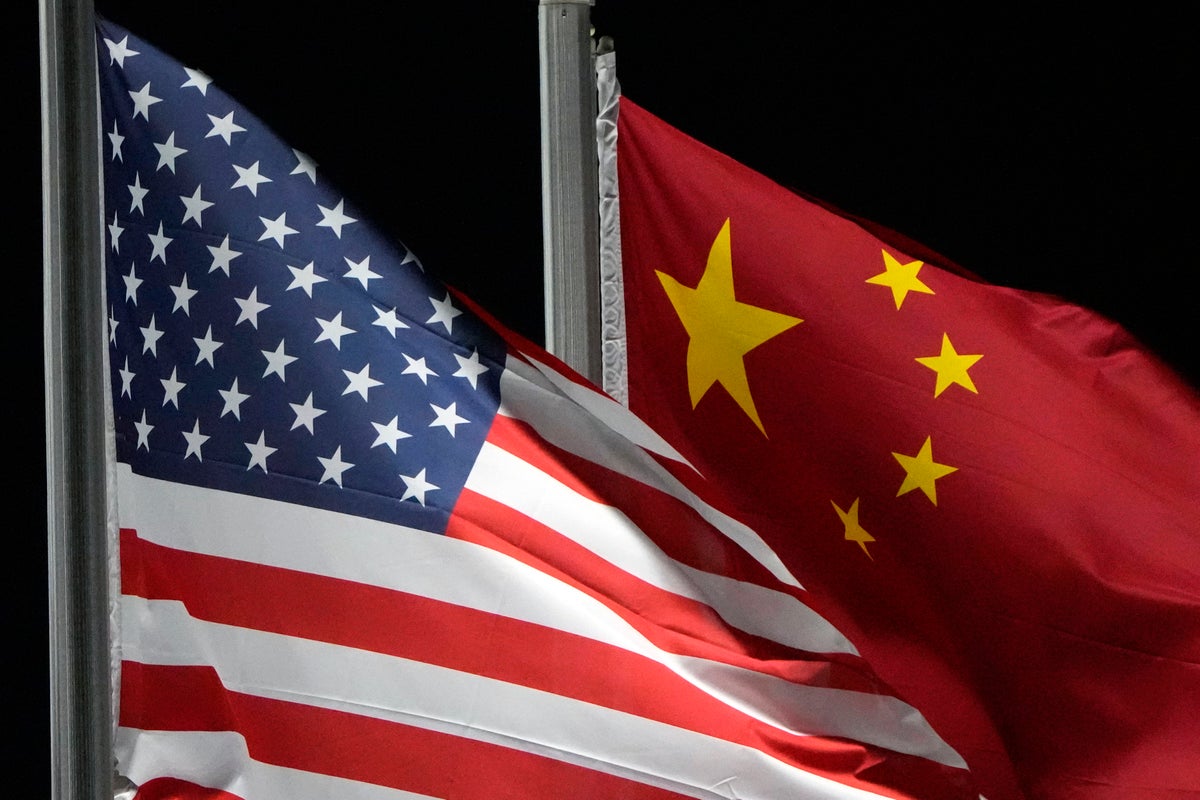
The Commerce Department is tightening export controls to limit China's ability to get advanced computing chips, develop and maintain supercomputers, and make advanced semiconductors.
The department said Friday that its updated export controls are focusing on these areas because China can use the chips, supercomputers and semiconductors to create advanced military systems including weapons of mass destruction; commit human rights abuses and improve the speed and accuracy of its military decision making, planning, and logistics.
Commerce said the updates are part of ongoing efforts to protect U.S. national security and foreign policy interests.
“The threat environment is always changing, and we are updating our policies today to make sure we’re addressing the challenges posed by (China) while we continue our outreach and coordination with allies and partners,” Under Secretary of Commerce for Industry and Security Alan Estevez said in a statement.
Commerce said it consulted with close allies and partners on its control efforts.
Thursday, at an event in upstate New York, President Biden predicted a $20 billion investment by IBM in New York’s Hudson River Valley will help give the United States a technological edge against China. The investment is spurred by this summer’s passage of a $280 billion measure intended to boost the semiconductor industry and scientific research. That legislation was needed for national and economic security, Biden said in Poughkeepsie, adding that “the Chinese Communist Party actively lobbied against” it.
Tensions have been rising between the U.S. and China over technology and security. Last month the Chinese government called on Washington to repeal its technology export curbs after California-based chip designer Nvidia said a new product might be delayed and some work might be moved out of China.
Washington has tightened controls and lobbied allies to limit Chinese access to the most advanced chips and tools to develop its own. China is spending heavily to develop its fledgling producers but so far cannot make high-end chips used in the most advanced smartphones and other devices.







